Powering 800 kiosks to compete globally by solving liquidity constraints:conversation with Ali Erhat
Arf has become one of the most game-changing players in a few years since its launch in 2019. Licensed in Switzerland, the global settlement banking platform partnered up with the Stellar Development Foundation, Circle, United Overseas Bank (UOB), and other prominent banking partners to provide liquidity and fiat on- and off-ramp capabilities for money service businesses and financial institutions worldwide.
I had a conversation with Co-founder & CEO Ali Erhat Nalbant, who explained how they came up with their flagship product Arf Credit Line, and what it means for the cross-border payments industry.
“Having talked with hundreds of remittance companies and worked with clients from sizes small to giant, we saw that limited access to capital was a huge pain point in the cross-border payments industry,” he explains. “The fact that there is more than $4 trillion locked in prefunded accounts today wasn’t acceptable to us. So, we started to search for ways of making use of Web3 technologies to solve the liquidity constraints.”
The Arf team developed Arf Credit Line as a short-term, USDC-based working capital, utilizing fiat on- and off-ramps for licensed remittance and payment companies in a fully compliant manner.
I asked Ali about how their line of credit works. He described: “Arf Credit Line enables access to short-term loans of 1 to 5 days to send money to any country at internet speed, with no additional collateral or prefunding required. This way, it eliminates the capital-intensive business model and counter-party risk for cross-border payments. Besides, because all of these transactions happen on-chain with USDC, money transfers can be transparently tracked without any intermediary.”
“Cross-border payments is a highly competitive sector, and it’s quite prone to monopolization both at local and global levels. That’s why we calibrated all our efforts to empower remittance and payment companies. Having access to unsecured and short-term working capital can bring a huge competitive edge for such players,” Ali says. “For example, we are currently helping more than 800 kiosks in the world to make same-day settlements with their partners, so that they can strongly compete with global actors.”
So, what about the remittance industry’s future? Ali sees that the companies who are bridging TradFi and Web3, and who never compromise compliance and transparency will be the winners.
“Showing the world how the payment companies can use these technologies compliantly by creating real-life use cases plays an essential role in the ecosystem’s development,” says Ali. “We look forward to leading the way.”
Licensed payment and remittance companies looking for working capital to grow their cross-border payment volumes can sign up for the waitlist here.







